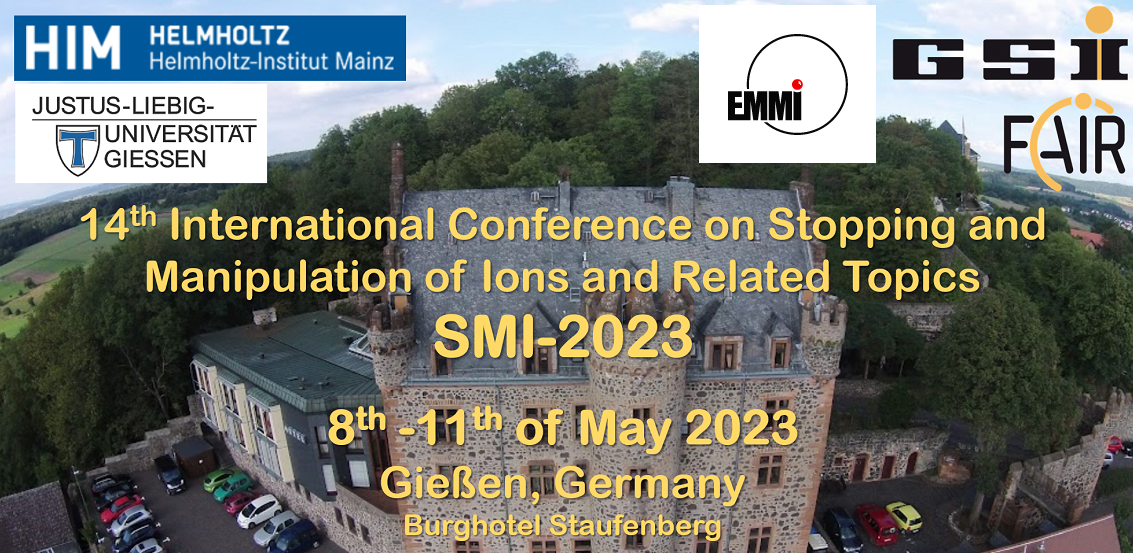Sprecher
Beschreibung
Gas stopping of energetic projectile fragments has been an important pathway to science with stopped and reaccelerated beams at the National Superconducting Cyclotron Laboratory (NSCL) for almost two decades. The NSCL has transitioned into the recently opened Facility for Rare Isotope Beams (FRIB) to provide significantly more exotic and more intense exotic beams, prompting upgrades to the gas-stopping facility.
FRIB will continue to provide low-energy beams with the two operating linear gas-stopping cells. In order to extract light ions rapidly, which are difficult to stop efficiently in linear gas cells, a gas-filled reverse cyclotron has been constructed. The device uses a superconducting cyclotron-type magnet and helium gas to capture and stop the injected beam. The beam is transported to the center of the magnet by a traveling-wave RF-carpet system, extracted through the central bore with an ion conveyor and will be accelerated to a few ten keV energy for delivery to the users.
Following construction and successful low-energy ion transport tests with an internal ion source, the cyclotron gas stopper was moved to an experimental vault and connected to the A1900 fragment separator at the NSCL, now to the ARIS separator. After a series of runs with primary beams to commission the new dedicated high-energy beam line and test injection into the cyclotron stopper, a beam of 46K fragments was stopped and extracted. Beta activity with a half-life of 46K, detected at the end of the ion conveyor, proved successful extraction of this beam from the cyclotron stopper.
A summary of the commissioning tests with high-energy beam and plans for integrating the device into FRIB’s low-energy beam distribution network will be presented.
This material is based upon work supported by NSF under grants PHY-09-58726, PHY-11-02511, PHY-15-65546. It is also based upon work supported by the U.S. Department of Energy, Office of Science, Office of Nuclear Physics and used resources of the Facility for Rare Isotope Beams (FRIB), which is a DOE Office of Science User Facility, under Award Number DE-SC0000661.

